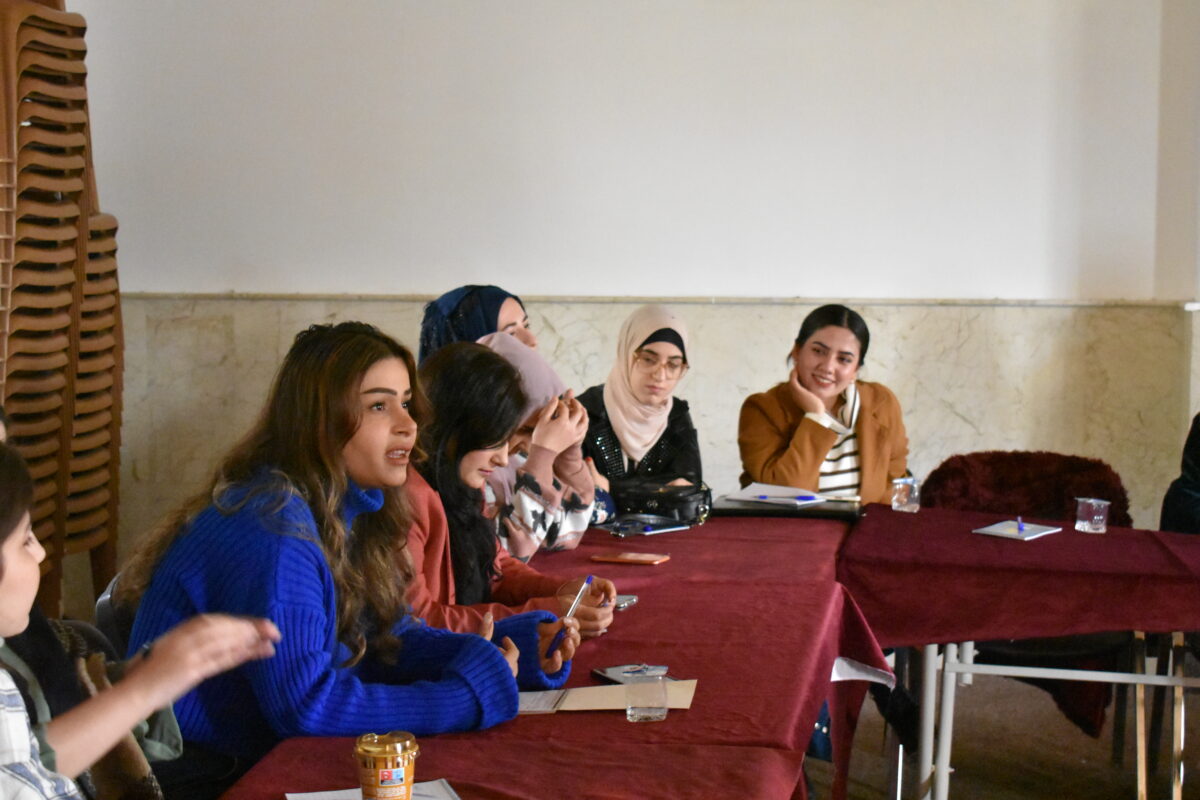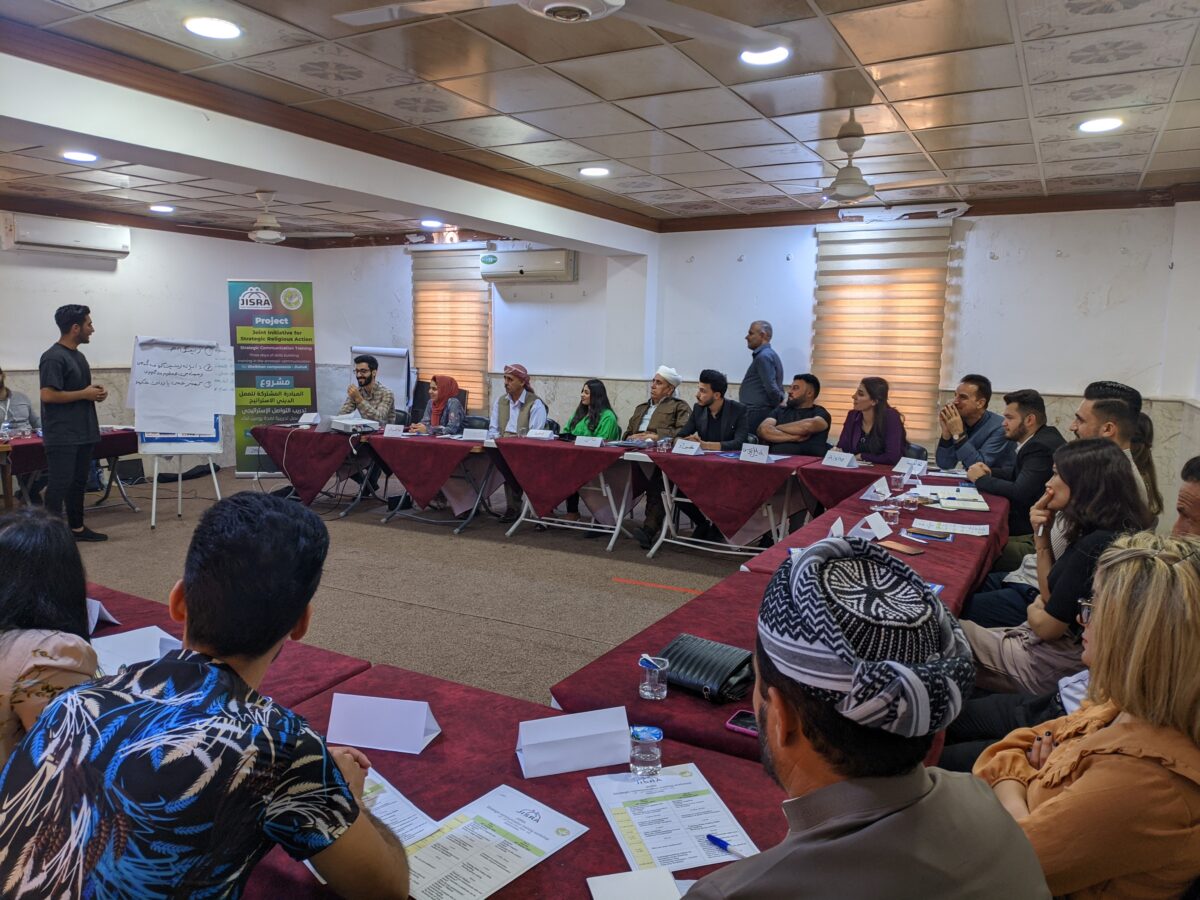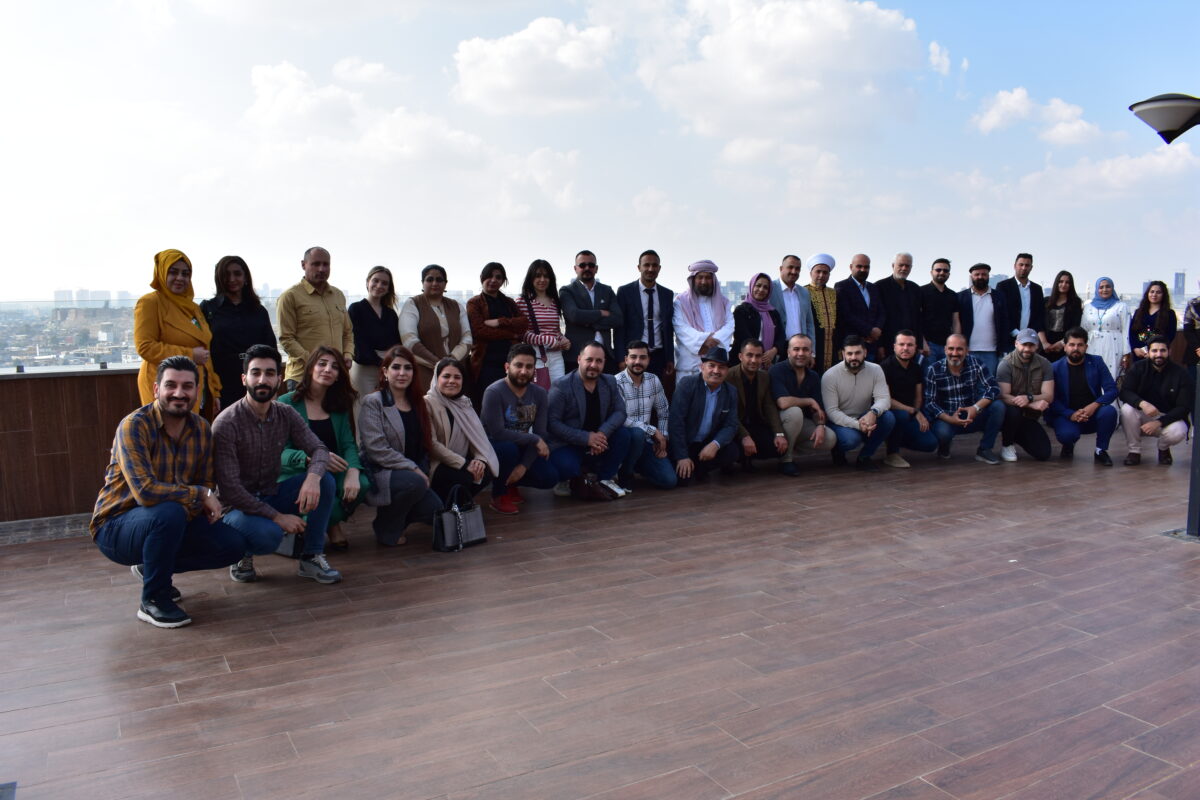
Iraq is composed of a rich diversity of ethno-religious groups spanning across the nation. As a majority Shi’a country, with a significant Sunni population, Iraq is also home to Kaka’i, and Christian believers, among other minority faith groups. Religion also cuts across ethnic and tribal lines, with the affiliations of Arabs, Kurds, Turkmen, Yazidis, Shabaks, etc. differing according to the region for geographic and historic reasons. Political allegiances and agendas make use of religious and ethnic identities to further gains and shape inter- and intra-communal dynamics, producing detrimental repercussions for communal social cohesion. Intermittent violence since 2003, particularly following the 2014 ISIL insurgency, has dissipated inter- and Intra- community trust, with fractures often manifesting along religious and ethnic lines. For instance, widespread distrust persists among Sunni Arabs, Turkmen, and Kurds across the nation, while political allegiances divide the Yazidis. The latter also blame Sunni Muslims for the abduction of their women and suspect them of sympathizing with ISIL, a suspicion shared by security forces in the region.

Approach
The Joint Initiative for Strategic Religious Action (JISRA) in Iraq is a consortium of three international NGOs, namely Search for Common Ground (Search), Tearfund, and Mensen met een Missie (MM), as well as three Iraqi partners; Peace and Freedom Organisation (PFO), INSAN Society, and Women Empowerment Organization (WEO). JISRA’s ultimate goal is peaceful and just societies where all enjoy peaceful coexistence. JISRA leverages the role of a variety of actors, including religious leaders, young women and men from different religious and socio-economic backgrounds and civil society to identify, reflect, and build upon specific entry points for intrareligious, interreligious, and extra-religious engagement and promote an inclusive, tolerant, and flourishing society in Iraq.
JISRA works within religious communities to challenge discrimination, extremist tendencies, and hate towards others (intrareligious sphere). We facilitate and strengthen bridges between religious communities by encouraging interreligious action and addressing common grievances (interreligious sphere). JISRA also works with religious actors to engage with decision makers and promote policies and practices that protect and promote peaceful coexistence among diverse religious societies, women’s rights, etc. (extra-religious sphere). We also work with women and youth as important agents of change, equally in community, religious and policy spaces.
Expected Outcomes:
- Religious actors use inclusive faith literacy within their communities and promote (gender) inclusive and tolerant attitudes and challenge harmful norms, attitudes and behaviours, including extremist tendencies
- Religious actors work across religious divides to promote peaceful coexistence
- Religious actors are supportive of interfaith actions within and beyond their own community of faith
- Duty-bearers (including decision makers) engage in dialogue with religious actors and CSOs
- Women and youth have increased representation in decision-making processes that advance peaceful existence at the local, national, and international level.
Key Achievements
- The JISRA consortium established a multi-organizational executive body that consists of three international and three local NGOs managing the JISRA consortium
- JISRA has delivered the Common Ground Approach to all program members and 100 stakeholders in Sinjar, Ninewa Plains, and Kirkuk
- Establishment of a lobby and advocacy working group that advocates for peaceful coexistence in Iraq. Working group members work with parliamentarians, faith and community leaders for a more meaningful impact.
- A five-day conflict transformation training was delivered to local facilitators and program teams to improve the capacity of stakeholders in Sinjar, Ninewa Plains, and Kirkuk
- Hosting dialogue sessions across Ninewa Plains and Kirkuk with multiple faith groups, including Muslims, Christians, and Kakais.
- Three youth groups in Shekhan district have been supported to promote peaceful coexistence and tolerance.


Program Resources
- JISRA Case Study – FoRB Ministerial Conference
- JISRA in Iraq – Baseline Research
- JISRA Case Study – Empowerment Through Cohesion
- JISRA Press Statement – Interfaith Harmony Week 2023 (English)
- JISRA Press Statement – Interfaith Harmony Week 2023 (Kurdish)
- JISRA Press Statement – Interfaith Harmony Week 2023 (Arabic)
- JISRA Case Study – Inter-religious dialogues: A space for community-led discussions on religion and acceptance

